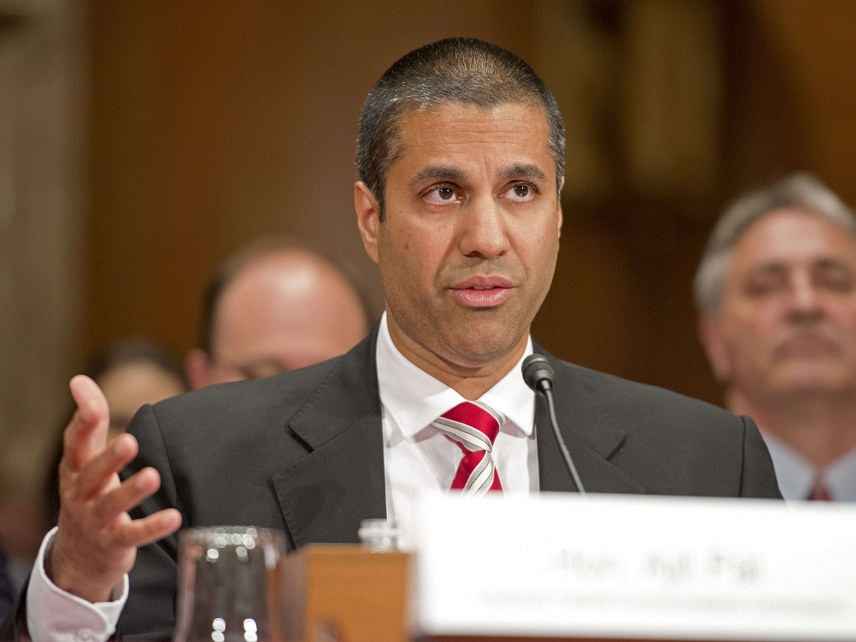Andrea O’Sullivan
The left is in a veritable state of hysteria as the Federal Communications Commission (FCC) moves to vote on Chairman Pai’s deregulatory “Restoring Internet Freedom” (RIF) order on Dec. 14. It’s gotten so bad that incensed supporters of so-called “net neutrality” have taken to harassing commissioners’ children and even threatening to kill a congressman.
It’s a nasty state of affairs, and it’s one unfortunately driven by a lot of false rhetoric and outright fearmongering over how policy is actually changing. Telling people that a policy change will “end the internet as we know it” or “kill the internet” can agitate troubled people into doing crazy things. Continue reading







